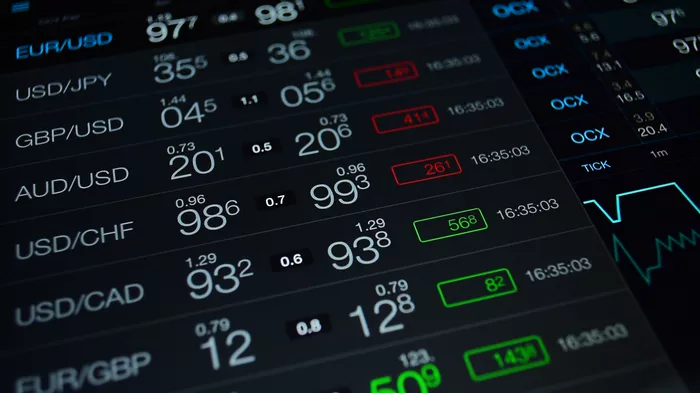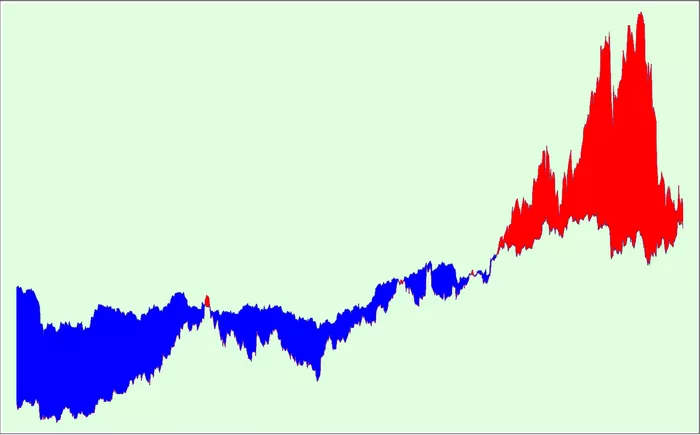A fresh clash has emerged between short seller Hindenburg Research and India’s market regulator, sparking intrigue over the players involved in the controversial report and subsequent bets against the Adani Group, which led to a market value loss of up to $153 billion last year.
The Hindenburg report prompted the Securities and Exchange Board of India (Sebi) to demand answers from the US research firm regarding its “misleading” claims. In a rebuttal posted on its website, Hindenburg included a link to Sebi’s 46-page “show cause notice,” detailing a meticulously planned transaction that significantly impacted India’s capital markets.
One key revelation from Sebi’s notice is that Hindenburg shared its Adani research exclusively with Kingdon Capital Management LLC before publication, under a profit-sharing agreement. Kingdon reportedly made three times more money on the short bets than Hindenburg. Additionally, Kingdon sought assistance from one of India’s largest banks to execute the trades.
Sebi’s extensive notice, directed at Hindenburg, its founder Nathan Anderson, Kingdon’s founder-owner Mark Kingdon, and Mauritius-based investor K India Opportunities Fund, is part of an investigation into trading activities around Adani Enterprises Ltd., the Adani family’s flagship company.
Despite Adani’s repeated denials of Hindenburg’s allegations, the report triggered a massive stock sell-off, at one point erasing billions in market value from its listed companies. Since then, the Adani Group has regained much of these losses.
Neither Sebi, Adani Group, nor Hindenburg responded to requests for comment, while Kingdon declined to comment.
The regulatory investigation scrutinized Hindenburg’s communications dating back to November 2022, nearly a month before sharing the report with Kingdon.
“Pre-release sharing of research with select investors is not uncommon industry practice, particularly among short-sellers,” stated Kher Sheng Lee, Asia-Pacific co-head of the Alternative Investment Management Association. “The legality of such sharing depends on whether there was intent to manipulate markets or engage in insider trading.”
According to Sebi’s letter, Kingdon, which controlled the K India fund, had a profit-sharing deal with Hindenburg, entitling the latter to 30% of any gains from trading based on its research. For the Adani short bet, Hindenburg’s share was reduced to 25% due to the additional effort required to route trades through the K India fund.
By December’s end, Kingdon began subscribing to the fund’s shares and transferred $43 million in January to establish short positions in Adani Enterprises. Kingdon Capital also partnered with Kotak Mahindra (International) Ltd. to facilitate the trades.
The K India fund built short positions for 850,000 shares between Jan. 10 and 20 — just before the report’s release — through futures contracts, closing these positions between Feb. 1 and 22. These bets generated gains of $22.3 million, according to Sebi. Kingdon owed Hindenburg $5.5 million as part of their deal, of which $4.1 million had been paid by June 1.
Sebi’s notice highlights what it considers misleading aspects of Hindenburg’s initial report alleging fraud at Adani Group, spanning industries from energy and mining to textiles.
The regulator accused Hindenburg of violating local security laws by publishing the report without being registered as a research firm in India and cited “misrepresentations” and inaccuracies designed to mislead readers and cause panic in Adani group stocks.
“These misrepresentations crafted a convenient narrative through selective disclosures, reckless statements, and catchy headlines to mislead readers and deflate Adani group stock prices to the maximum extent possible,” Sebi noted.
In response, Hindenburg accused Sebi of attempting to silence critics.
“We are sharing this notice in full because we believe it is nonsense,” Hindenburg stated, calling it “concocted” to suppress and intimidate those who expose corruption and fraud by India’s most powerful individuals.
Hindenburg also criticized Sebi for not addressing the role of Kotak Mahindra Bank Ltd. in the transactions.
Hindenburg emphasized that the notice conspicuously avoided naming Kotak Bank, instead using the acronym “KMIL” to obscure its involvement, despite Kotak overseeing the offshore fund structure used by Kingdon.
Kotak Mahindra International clarified it was neither a client of Hindenburg nor aware of Hindenburg’s partnership with any of its investors.
While Hindenburg contends Sebi is targeting those who expose fraud, short-sellers are increasingly under regulatory scrutiny.
The US Justice Department has been investigating relationships between hedge funds and researchers for potential trading abuses, recently resulting in notable punishments that shed light on controversial collaborations between bearish researchers and hedge funds.
Kingdon Capital stated it had legal advice allowing it to receive draft reports and make investments before public dissemination without violating US laws, as per the Sebi notice.
“Short-selling, when based on diligent research, plays a crucial role in price discovery, market efficiency, and identifying potential corporate governance issues,” AIMA’s Lee noted.
Founded by Mark Kingdon in 1983, Kingdon Capital is one of the industry’s oldest hedge funds, with assets peaking at $7 billion in 2007. Kingdon took sole control of the main fund in 2018 after investment losses and investor withdrawals led to the liquidation of its credit pool.




























